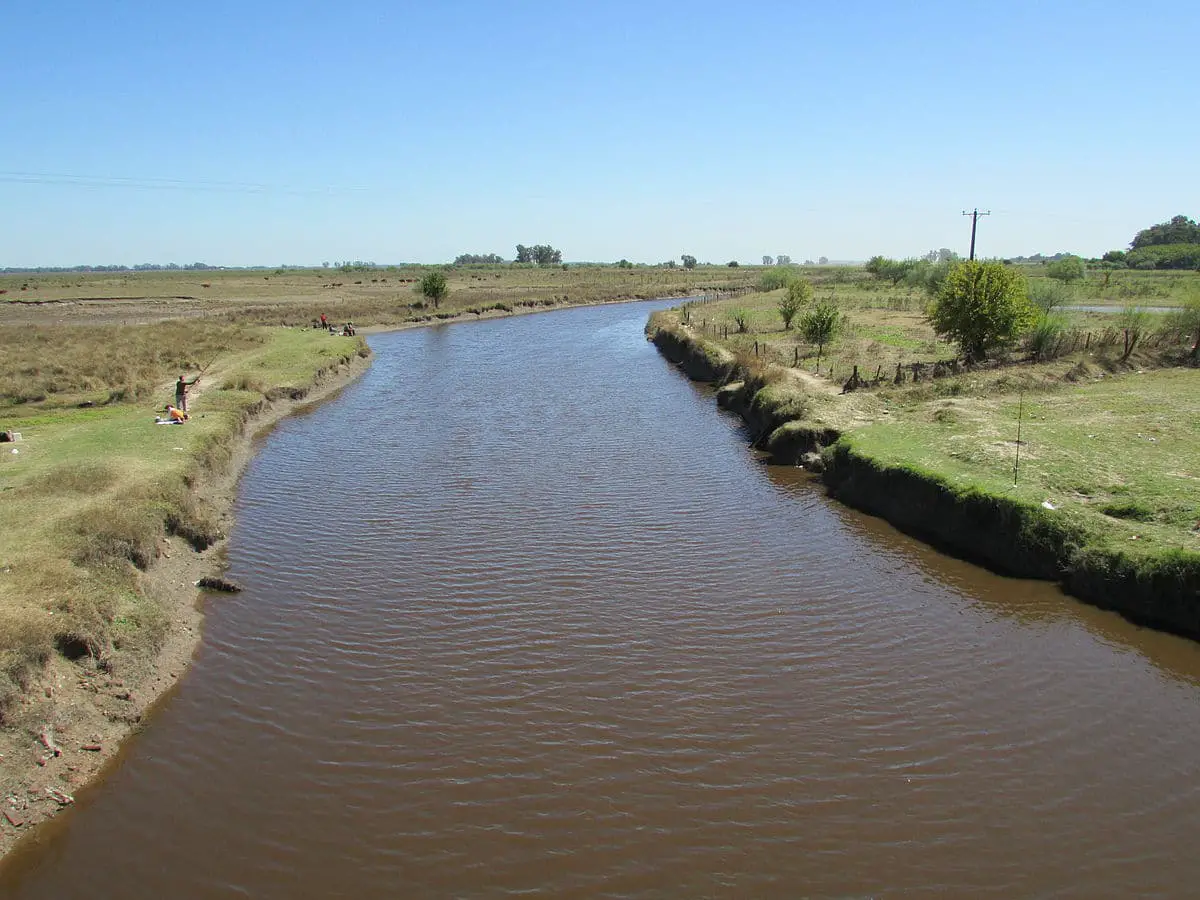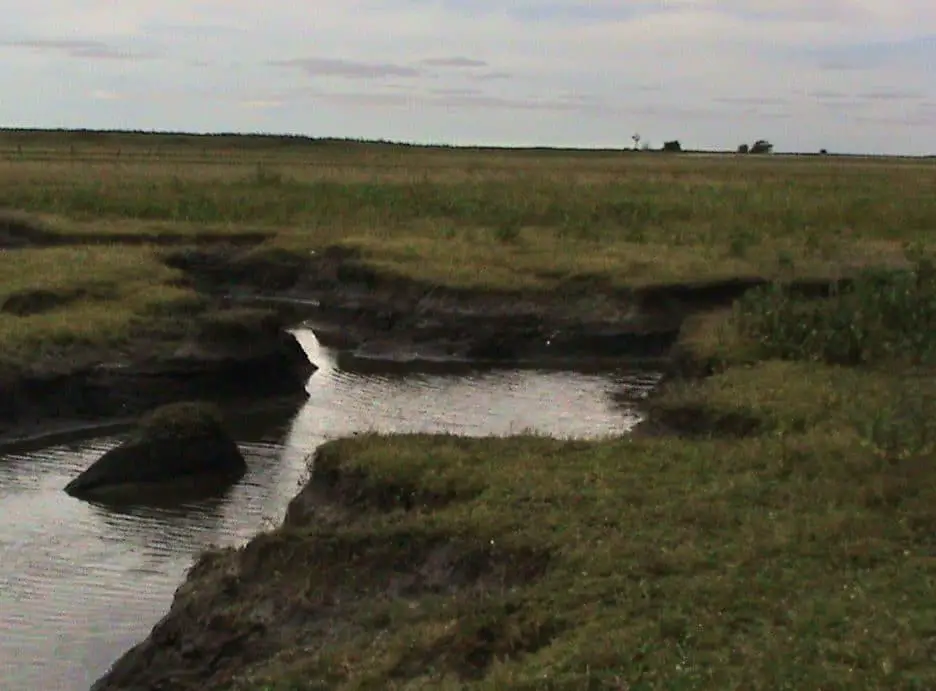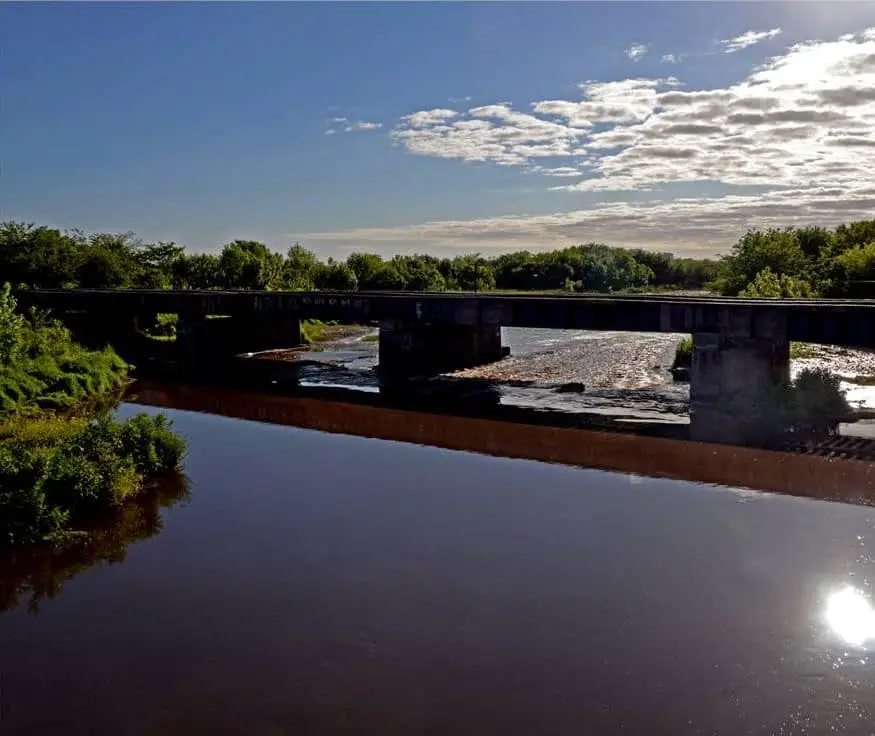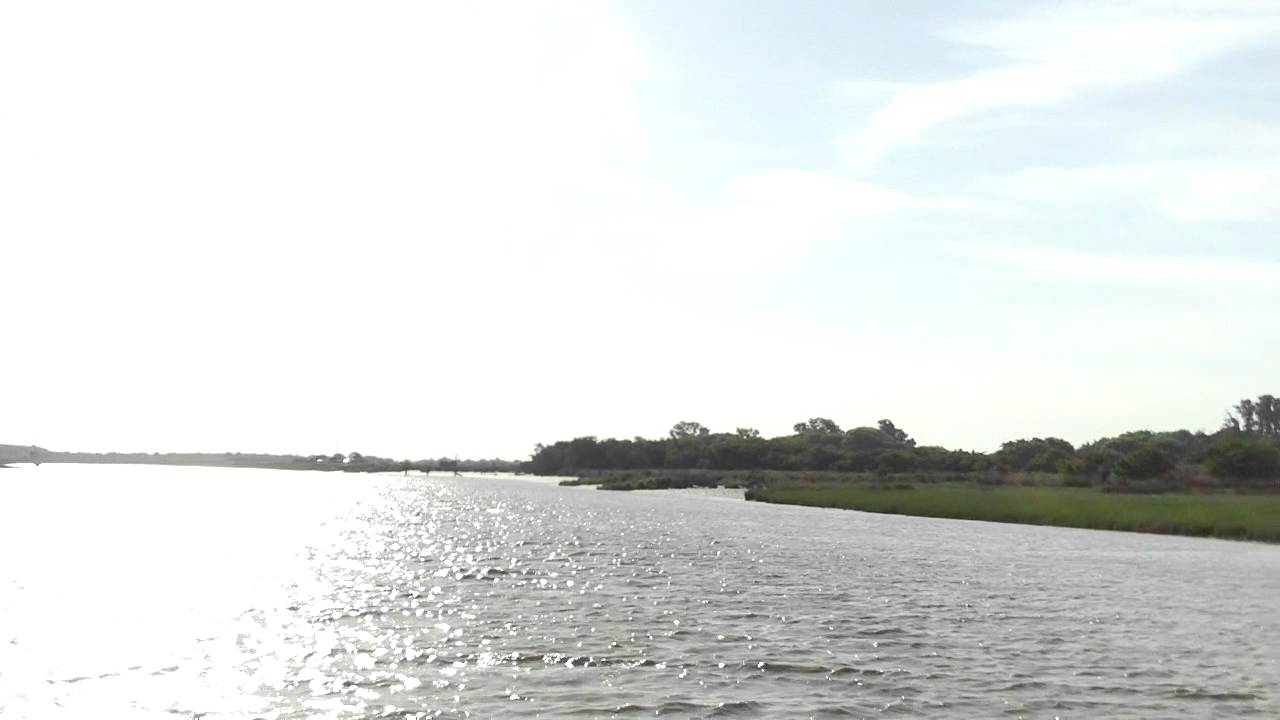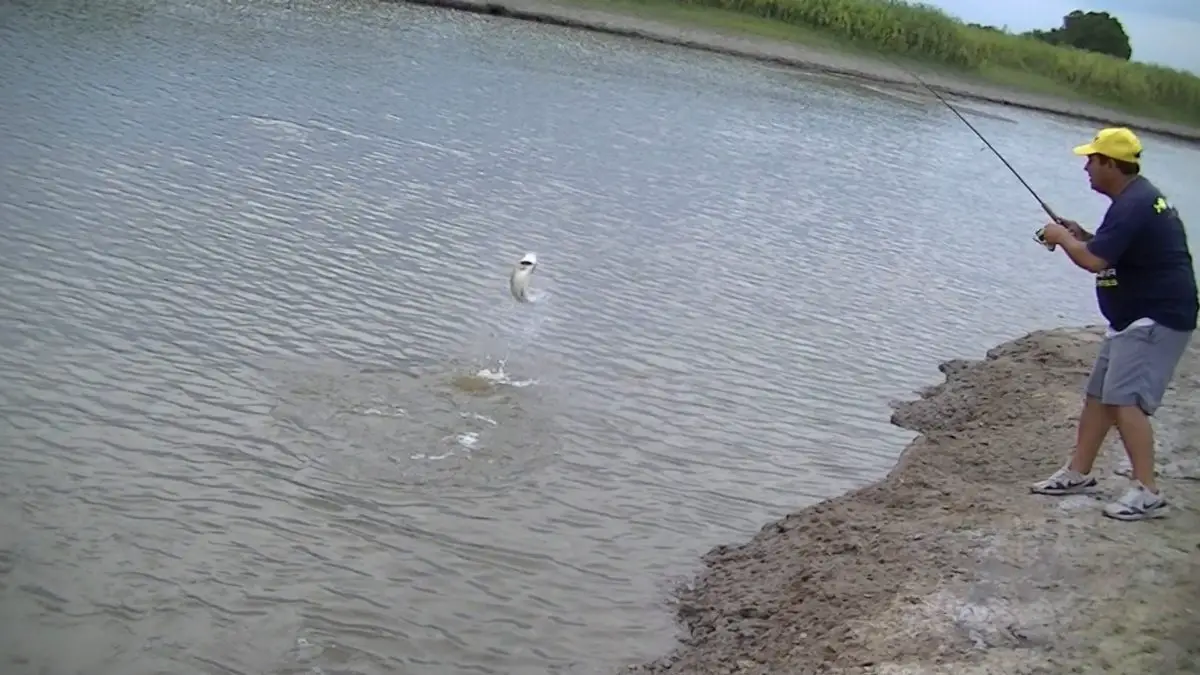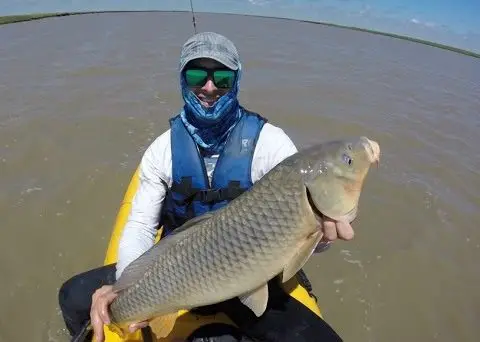The Samborombón River, also known as the San Brendan River, is located in Argentina, read our article to learn more about it.
The Samborombón River is a river in Argentina that flows into the Samborombón Bay in the southern part of the Río de la Plata.
It is a freshwater river in the province of Buenos Aires, Argentina, and belongs to the Cuenca del Plata.
It has its source in the district of San Vicente, south of the Provincial Route 6, and flows into two lagoons located at a medium distance from the towns of Cañuelas and San Vicente.
The river has many bends (like the Amazon, but smaller) and flows south-east.
In its course it crosses the districts of Brandsen and the Arroyo el portugués de San Vicente and belongs to the border zone of the districts of Chacomús, Magdalena and Punta Indio, from where it flows into the Bahía de Samborombón, very close to the confluence of the Río Salado.
Learn more about the Samborombón River in this video, where you can see its beautiful landscapes:
Indice De Contenido
Map of the Samborombón river
Classified as a plain river, it has an extension of about 100 kilometres and crosses hilly terrain along its course. The catchment area is approximately 11,510 square kilometres.
Below is a map of the Samborombón River showing its source, course, mouth and exact location.
The catchment area of the Samborombón River corresponds to the catchment area of the River Plata and has its source in the Portuguese stream of San Vicente.
According to history, it was given this name because the men who came with Ferdinand Magellan saw that the bay formed by this river was semicircular in shape and looked very similar to the island of San Borondón, a supposed island that tended to disappear near the Canary Islands, and they thought that the island had broken off from this bay.
There are several old bridges over this river, including an old town called Almacen de Vergara, founded in 1906. There is also an old railway, in operation since 1904, which was closed in 1977 and is now completely abandoned.
It should be noted that studies of benthic invertebrates have been carried out in this river, which have shown that it has a wide distribution of different species, due to the different salinities of its waters, which make it suitable for this.
Climate change may cause the bay and the Samborombón River to disappear. To find out how, we invite you to watch the video below:
Samborombón Bay
Samborombón Bay is where the river of the same name flows into the sea. It is located in the South Atlantic Ocean, where the Río de la Plata flows into it, about 160 kilometres from Buenos Aires, where the Parana River also flows into it. The Bay of Samborombón is also a popular tourist destination.
It stretches from the Point of Stones to the north of Cape San Antonio, and another river that flows into this bay is the Quinto, which comes from central Argentina, and the Salado, which comes from the eastern part of the country.
There are also several drainages towards the interior of the Pampa Húmeda, which provides a series of very fertile lands.
Fishing in the Samborombón River
The Bay of Samborombón and the banks of the Samborombón River offer excellent fishing, especially in the area of Punta Rasa and General Lavalle, where saltwater fish such as black drum are abundant.
In general, you can go fishing in many of Argentina’s rivers, such as the Lujan River. Camping is also possible in Brandsen.
Those who like fishing in the Samborombón can catch different species such as catfish, carp, dentex, mullet, among others. The river is navigable, which is good for canoeing and kayaking.
Although this river is usually smaller than the ones we are used to, and because of this characteristic it can give the feeling of being a stream, it is very wide in terms of its variety of fish. Fishing is one of the activities chosen by Argentinians to enjoy this particular tributary.
There are also other branches of the same river where saltwater fish can be found, which undoubtedly increases the interest of anglers.
If you want to know more about fishing in the Brandsen River and Samborombón Bay, we recommend you watch this video:

